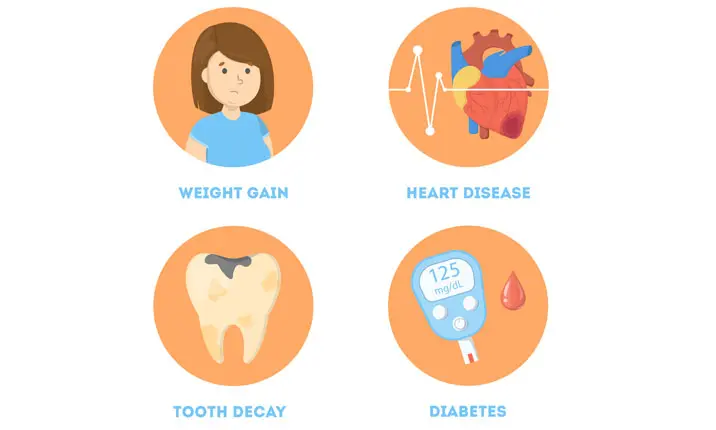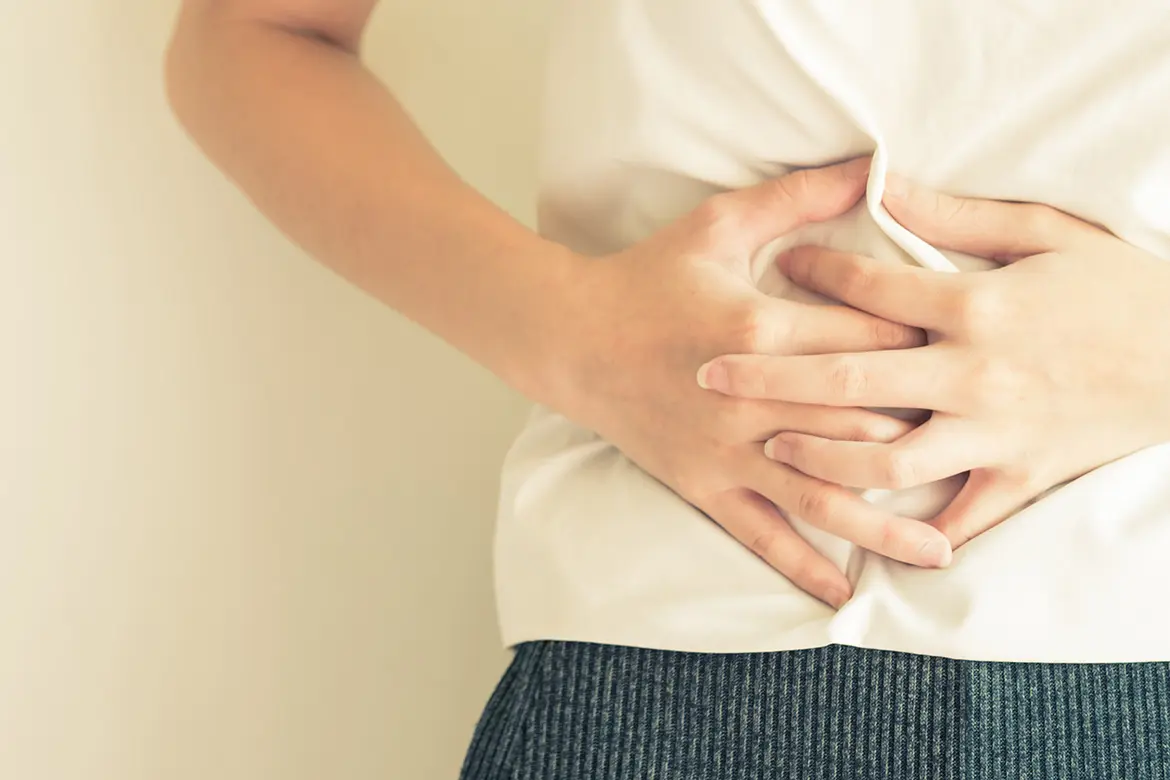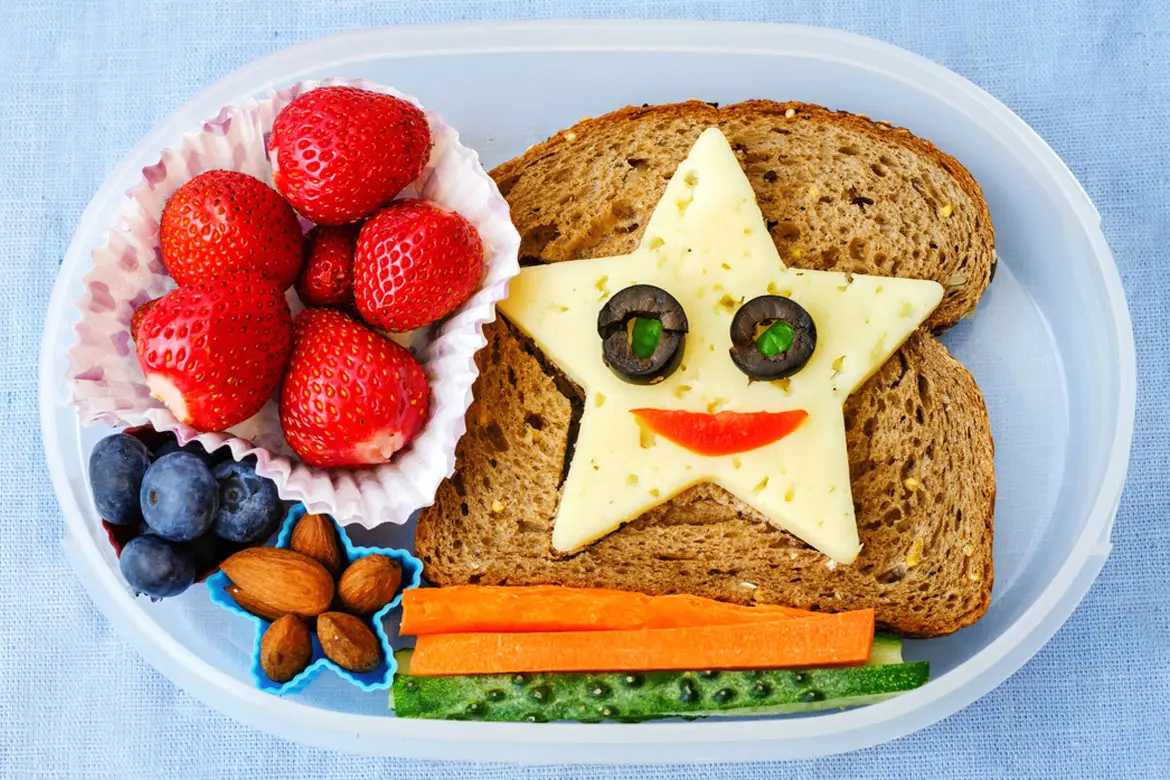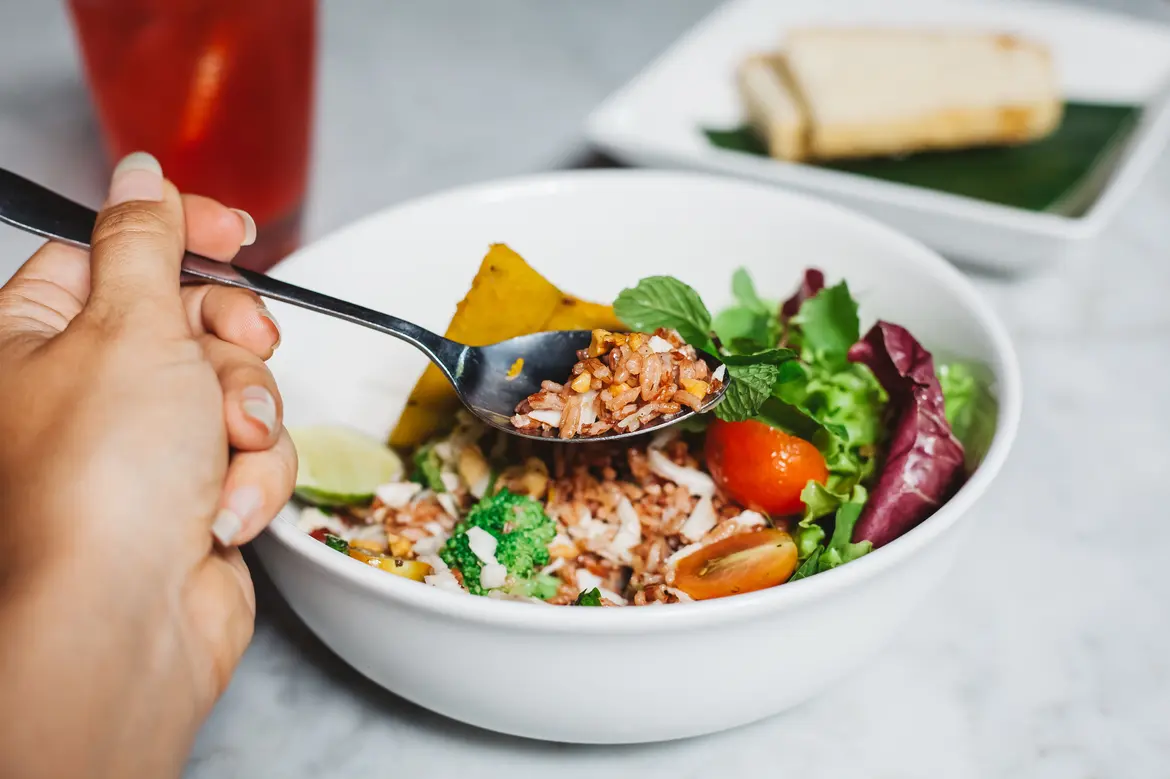Saturated fat
Saturated fat is made up of high levels of saturated fatty acids and is usually solid at room temperature. Excessive consumption of saturated fat can increase your blood cholesterol levels and increase low-density lipoprotein (LDL) levels, also known as "bad" cholesterol. High levels of LDL can raise your chances of heart disease.
Foods containing saturated fat include:
- Deep fried food (fried chicken and French fries)
- Fatty cuts of meat (beef, pork, lamb and mutton)
- High-fat dairy products (butter, cheese and cream)
- Lard and ghee
- Pastries, pies and baked goods
- Poultry with skin
- Tropical oils (coconut oil, palm oil)
Should I avoid saturated fat?
Saturated fat often gets a bad reputation because it is linked to unhealthy processed foods that are high in calories and low in nutrients, including:
- Baked goods (cakes, biscuits and doughnuts)
- Fried foods (fried meat, fried seafood and French fries)
- Solid fats (coconut oil, palm oils, palm kernel oils)
- Fatty or processed meats (bacon, sausage, meat patties, meat fat and lard)
The additional ingredients in these foods, including hidden added sugar, make the food unhealthy and can lead to rapid weight gain and lifestyle-related diseases such as type 2 diabetes. Avoiding such heavily processed foods by eating a balanced diet packed with healthy fresh vegetables and protein can help you lose weight and reduce your risk of developing associated diseases.
How can you moderate saturated fat in your diet?
- Replace red meat with chicken breast or fish a few days a week
- Boil or steam food to avoid adding extra fat to your meals
- Reduce meat portions and include more vegetables in your meals
- Trim the fat off meat, and/or buy lean meats instead
Added sugar
Natural sugar is a type of simple carbohydrate that your body needs for energy. This can be found in fruits, vegetables, staples and dairy foods. Added sugars on the other hand, are sugars and syrups that are added to food and drinks when they are processed or prepared.
How does added sugar affect your health?
Processed food with a surplus of added sugar has little nutritional value and contributes extra calories to your diet. If you find yourself regularly eating such foods, you run the risk of developing potential health complications which include:
- Poor nutrition or vitamin/mineral deficiency
- Rapid weight gain
- Tooth decay
- Risk of heart disease
- Type 2 diabetes mellitus
How to avoid added sugar in your diet?
Sugar goes by many different names, and it is often a hidden ingredient in the food you consume. Identifying added sugars can be difficult when looking at the ingredient lists and food labels. Avoid those with the following names for sugar on your food labels:
- Cane juice and syrup
- Corn sweeteners and high-fructose corn syrup (HFCS)
- Fruit juice concentrate and nectars
- Honey
- Malt or maple syrup
- Molasses
- Fructose
- Glucose
- Maltose
- Dextrose
- Sucrose
- Brown Sugar
How can you reduce your sugar intake?
- Instead of processed food options, opt for home-cooked balanced meals made from fresh, natural ingredients.
- Choose water or other calorie-free drinks instead of sugary sodas or sports drinks.
- Avoid adding sugar to your cup of tea or coffee.
- Choose fresh fruits for dessert instead of cakes, cookies and pies.
- Consider fruit blends, or cut fruits over juices with or without added sugars.
- Buy canned fruit packed in water, not syrup.
Eating too much sugar can increase your risk of becoming overweight, developing type 2 diabetes and heart disease. To get the fuel that your body needs, it is best to get the original and most simple form of carbohydrates directly from fruits, vegetables or staples. Besides preventing you from overdosing on added sugar, it also delivers other much-needed nutrients.
Everything in moderation
In summary, saturated fat can jeopardise your health if consumed frequently over time. While low-fat food alternatives may sound like a better option, they often contain excess hidden sugars that do more harm than good.
There is absolutely no role for added sugar in a balanced diet. Added sugar contains no nutritional benefit, and is loaded with calories that can harm one's body and health.
Instead of choosing between the 2, limit your intake of both saturated fats and added sugar to reduce the risk of heart disease, obesity and other related health complications. Remember, as with all things, moderation is key.















